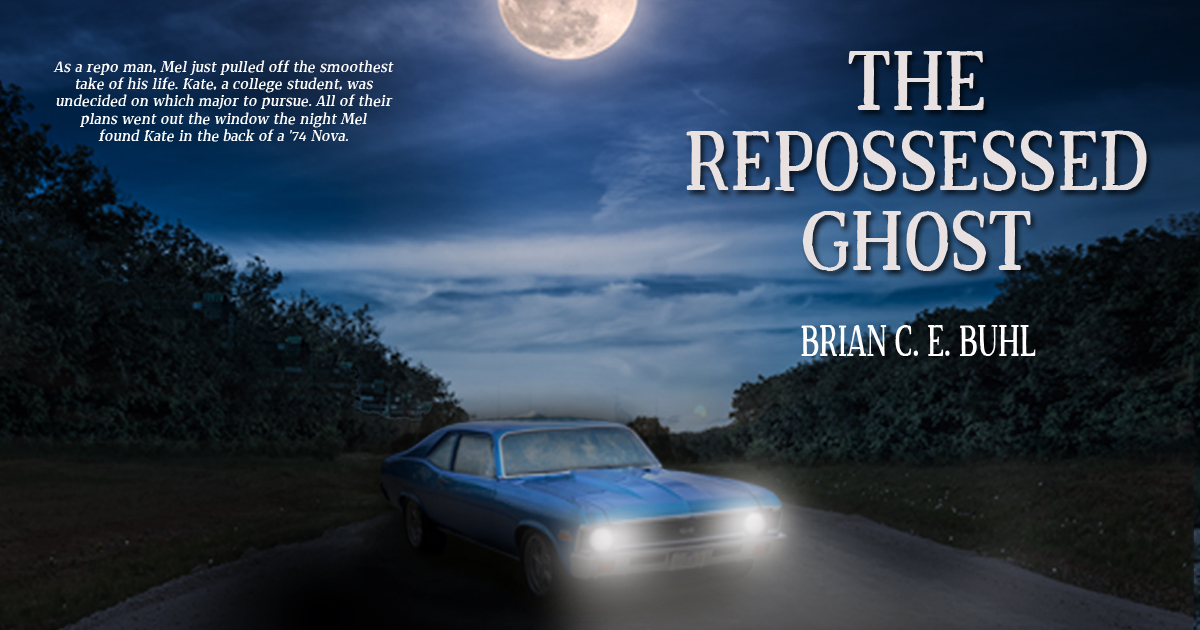With NaNoWriMo rapidly approaching, let’s talk about a couple of decisions you have to make about your story before you can even begin. What narrative mode and tense will you use to tell your story?
Last year, I chose first person, past tense for my story. One of the reasons I made this decision was because I wanted my story to emulate the feel of The Dresden Files, and that’s how that series is written. Another reason I chose first person narrative was because I knew that I’d be able to write that way effectively and quickly. After writing blog posts for 31 days straight in October, I knew that using the same narrative mode would make 50,000 words in November easier.
First Person Narrative
First person narrative is excellent when your main character has a strong voice that you want to showcase. Every single object described in the story is an opportunity to reveal something about the character. A carpenter is going to notice and talk about a table differently than anyone else. A cop is going to describe a crime scene differently, and evoke a different emotional reaction than someone else in the same position.
Note: If you’re into tabletop, story-driven roleplaying games, and you’re planning on using one of the characters you’ve developed in such a game, first person might be just the thing. You presumably already know the character’s voice, and that’s exactly what you’ll be using to tell a story with this narrative mode.
Third Person Limited
If you’re planning on changing point of view characters, but you still want the camera to essentially be fixed on a character’s shoulder, this is the narration mode of choice. You can still gain quite a bit of the benefit of first person with this mode, because you can still get the thoughts and perspectives of a single character to color the story. You also gain greater freedom in word choice of the prose, since the voice telling the story is yours, rather than the point of view character.
Third Person Omniscient
From first person, to third person limited, to third person omniscient, you’re just backing the camera out further and further. This is a very “honest” narration mode, in that the prose is unpolluted from the character’s thoughts or perspective. When done right, the author is less able to fall into bad habits of telling, rather than showing.
Tense
I don’t remember ever reading or writing anything in future tense. I’m not even sure what that looks like. I prefer past tense for my stories. Present tense can lend itself to a greater tension and immediacy in a story, but I find it a little bit clunky in places. It can be argued that past tense with first person drains tension from the story, since it’s difficult for the main character to tell their story if they’ve died. I don’t really buy into that argument, though. When I’m pulled into a story, I don’t know care what tense is being used, as long as the story is well written.
This year, I will be writing third person limited. I have a lot of experience writing using pairing that narrative mode with this character. The character has a strong voice, but I don’t feel like first person will serve the story I have in mind as well as third person.
If you’re planning on participating in NaNoWriMo, I recommend using whatever narrative mode and tense you’re most comfortable with. If you’re having difficulty deciding, look to whatever book you’ve most recently enjoyed. You may still be thinking in that narrative mode, which will make it easier to reach for words when telling your own story.

I think future tense is what we think of as “second person”? Like, “You go down the hall, you open the door, you cross the room and look out the window.” I think it’s only really used in experimental fiction.
Second person I think of as “Choose your Own Adventure” stories. Second person is intended to make the reader feel like the character in the story. When it’s done wrong, it comes across very creepy.
I think future tense is different. I’d have to use examples of past and present in order to get to future, I think.
Past:
Jane walked down the hall. She threw open the window. The breeze fluttered her cape.
Present:
Jane walks down the hall. She throws open the window. A breeze flutters her cape.
Future:
Jane will walk down the hall. There, she will open the window. A breeze will flutter her cape.
Since I keep using the word “will” to indicate something happening in the future, I think I probably have it wrong. Still, it seems pretty exotic. I tend to avoid extremely exotic writing, so as to stay out of the way of the story, and not distract the reader. Maybe it’d be useful in poetry?